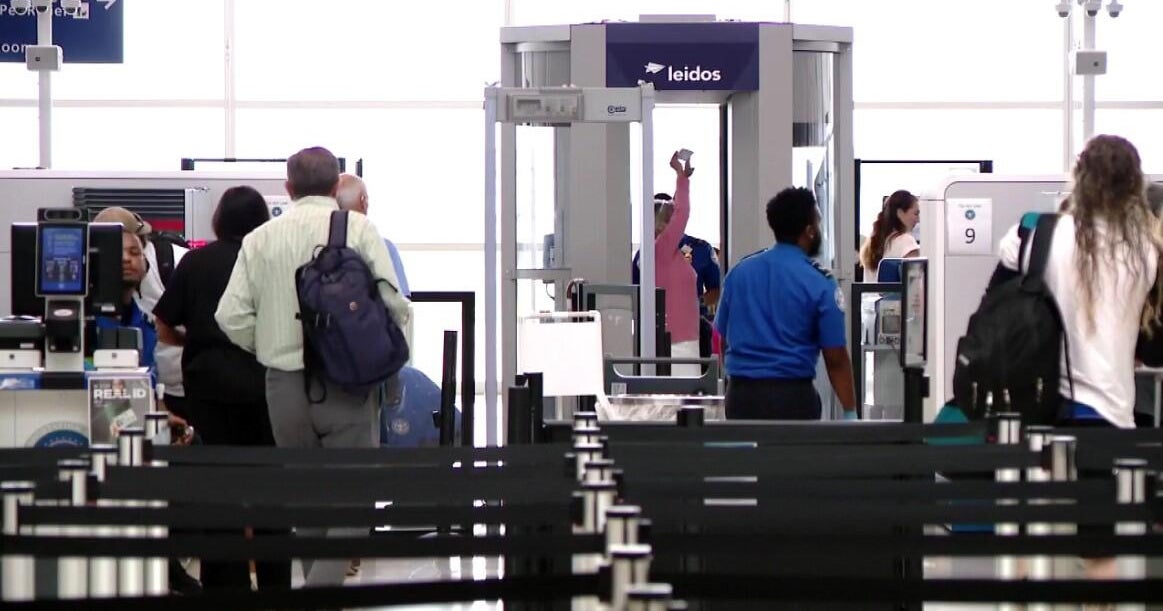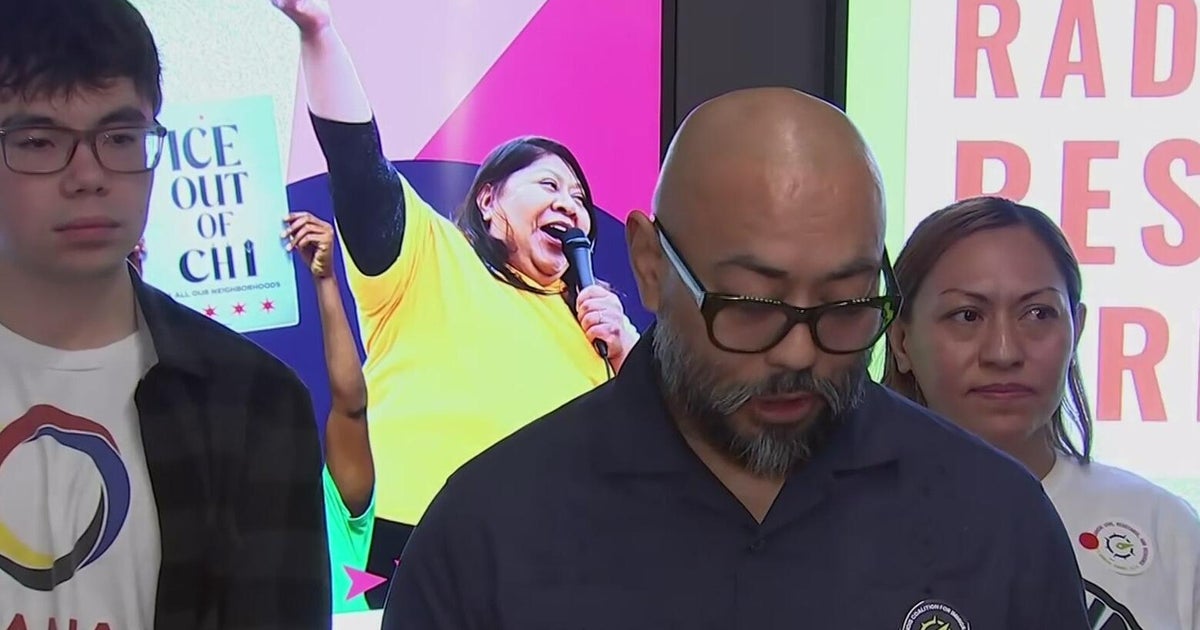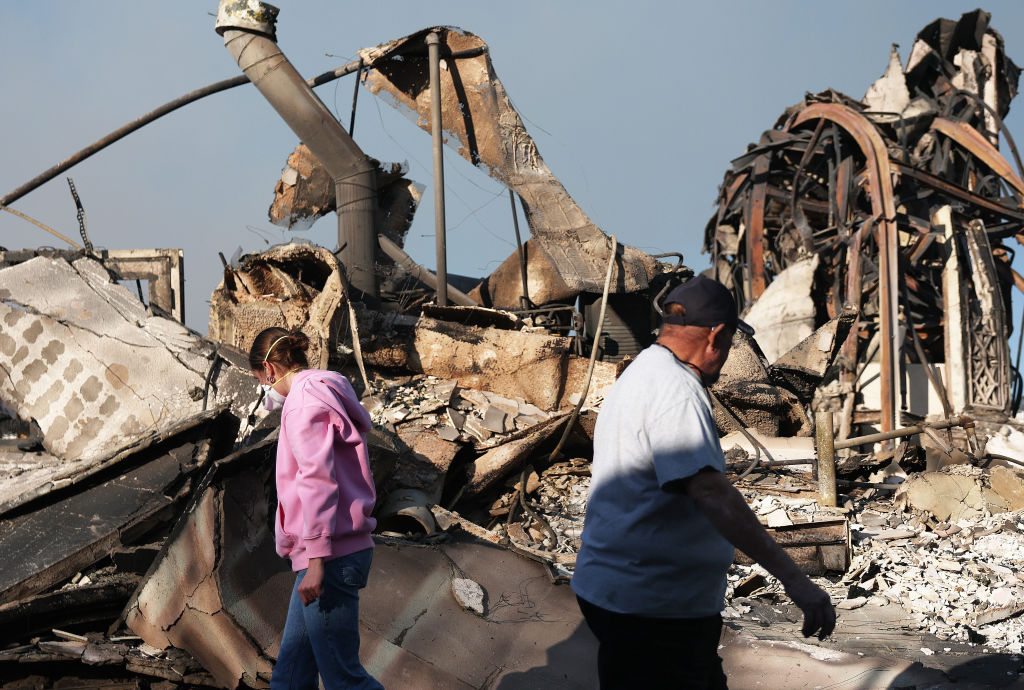FEMA extends housing program for displaced Puerto Ricans, offers transportation home
The Federal Emergency Management Agency (FEMA) announced Thursday it is extending its Transitional Shelter Assistance (TSA) program for Puerto Ricans who were displaced by deadly Hurricane Maria, CBS News correspondent David Begnaud reports. FEMA also announced it will offer transportation back to Puerto Rico for families who are still in the program in the continental United States.
"For those individuals interested in taking advantage of transportation back to Puerto Rico, FEMA will conduct outreach to the applicants currently participating in the TSA program," the agency said Thursday.
Puerto Rico Governor Ricardo Rosselló had requested the extension of the program, which will now run until June 30. This will be the final extension of the program for hurricanes Irma and Maria, according to FEMA.
The program provides short-term shelter assistance for people unable to return home following a disaster and is only intended to be "a stop in their journey to longer term housing," FEMA says. About 2,300 families are still in TSA-participating hotels in more than 30 U.S. states as well as Puerto Rico, according to FEMA. In total since October, the program has provided hotel rooms for more than 7,000 families.
"Survivors currently participating in the TSA program now have 60 days to solidify their recovery plans to locate longer-term housing," FEMA said.
The program went into effect for Puerto Ricans in the wake of Hurricane Maria, a Category 4 storm that slammed into the U.S. territory in September. As of April, FEMA spent $73.3 million on the TSA program since it was approved following Maria.
The hurricane knocked out power to the entire island and at least 64 people died. More than 135,000 people reportedly left Puerto Rico for the U.S. mainland. It is considered the most logistically challenging natural disaster in modern U.S. history.
As of Thursday, 28,308 customers in Puerto Rico were still without power. Gov. Rosselló said last week the U.S. territory is finally "starting to reach normalcy," but described the recovery process as "highly frustrating."



